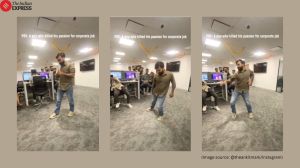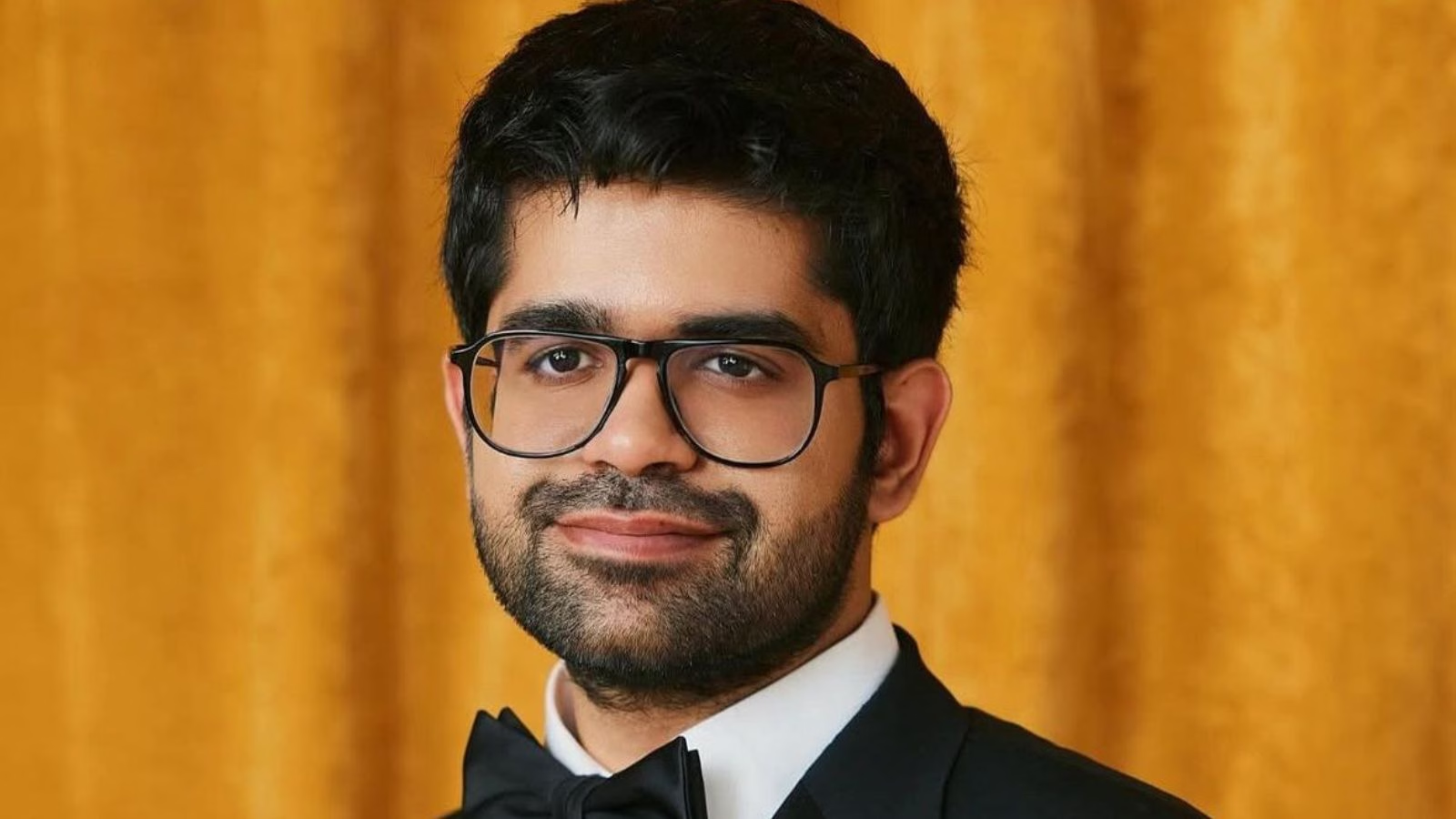Caught in the Middle
Neil Gaimans new book treads the uncertain landscape between childhood nightmares and reality.
Book: The Ocean at the end of the Lane
Author: Neil Gaiman
Publisher: William Morrow HarperCollins
Price: Rs 399
Pages: 181
In a recent interview,Neil Gaiman described himself as sushi something only a few people liked to begin with but which slowly caught on. Unlike sushi,though,Gaiman isnt an acquired taste,or a passing fad the enduring and fairly immediate popularity of his Sandman graphic novel series plus the numerous projects he has on hand at any given time this year,hes already published one childrens book,another is due soon,along with a return to Sandman,and hes written a Doctor Who episode would attest to his status as a cross-media phenomenon. And the eagerly anticipated The Ocean at the End of the Lane his first book for adults since 2005s Anansi Boys wont disappoint his legions of fans.
Ocean revisits familiar Gaiman ground in its masterful,dreamy exploration of childhood and the terrors thereof,previously so beautifully imagined in Coraline and The Graveyard Book. The narrator,a middle-aged man,is pulled towards his childhood home after a funeral we never find out whose,just as he remains nameless and to his memories of a strange girl named Lettie Hempstock. A walk through her farm at the end of the lane and the titular ocean,which to his adult eyes is clearly only a pond is like going back to when he was a lonely seven-year-old more at home in the worlds he discovered in the pages of his books.
When an opal miner-cum-lodger accidentally kills a kitten,steals the family car,drives to the end of the lane and commits suicide,he stirs ancient magicks,including a sometimes comely,always terrifying nanny named Ursula Monkton a figure reminiscent,among others,of the daayan in this years Bollywood release Ek Thi Daayan. Indeed,Ocean and Daayan employ,to great success,a childs sense of vulnerability to build a choking,heavy dread that is no less real for all its magical underpinnings. Ursula seduces the narrators father; Gaiman underscores this defencelessness by having the boy be the only one who can see her for what she truly is. Lettie and her grandmother whose links to the supernatural he has casually accepted are his only hope.
At some point in their acquaintance,the boy asks for Letties age. With all the superiority a couple of years grants in childhood,she tells him that she is 11 years old. Casually,he asks her how long shes been 11; she only smiles slyly. Later,Lettie offhandedly mentions something she did in Oliver Cromwells time,transforming his earlier question into a perceptive observation of a deeper truth about her. He is able to do this only because as a child,he is not yet limited by the frames of rational thought that bind adult minds; he has not learnt to separate his imagination from reality. So he is the sole witness of Ursulas monstrous face,with her rotting-cloth eyes.
It is fitting Ocean has an epigraph from Maurice Sendak,another fine purveyor of the terrors of childhood: I remember my own childhood vividly8230; I knew terrible things. But I knew I mustnt let adults know I knew. It would scare them. The novel is at its most powerful and eerie when it isolates the narrator from the adults in his life and removes,far too soon,the comforting illusion of parental infallibility,as when the boys father shoves him down into a tub of cold water,as if to drown him. Gaiman has always excelled at painting the dark,uncertain dream childhood can be,and it is a dream that becomes ever more scary with the dawning knowledge that,as Lettie tells our narrator,Grown-ups dont look like grown-ups on the inside either. Outside,theyre big and thoughtless and they always know what theyre doing. Inside,they look just like they always have. Like they did when they were your age. The truth is,there arent any grown-ups. Reading Ocean is like a fever dream in which impressionistic memories from childhood snap into vivid,often disturbing focus.
- 01
- 02
- 03
- 04
- 05































